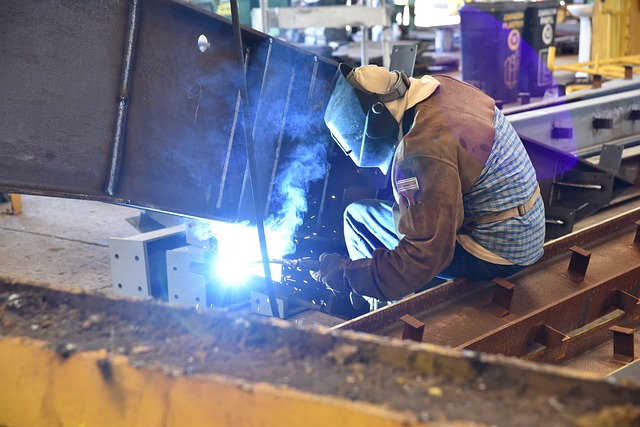Share This Article:

Flushing, NY (WorkersCompensation.com) – If an employer believes that an accident that occurred at work was not the cause of a worker’s claimed injury, it’s vital for the company to challenge the worker’s medical testimony when the case is before the workers’ compensation law judge or worker’s compensation board. Once the case reaches a court, the court is likely to accept whatever opinion the WLCJ or board had concerning the believability of the employee’s doctors.
In 2000 and 2007, the iron worker in Such v. Tully Construction Co. Inc. , No. 534595.
(N.Y. Sup. Ct. App. Div. 06/01/23), sustained injuries to his back and neck, for which he successfully sought workers’ compensation benefits.
While the worker continued to obtain medical treatment for his injuries, he could still work. One day, in October 2019, he was working for his construction company when he climbed across loose electrical conduits after exiting a lift and then slipped, which resulted in him sustaining a head injury as well as "extreme" neck and back pain.
The worker reported the incident and injury to his superiors and went home. It was not until the next day that he experienced severe pain. Because of that pain, he went to see his treating physician.
Workers' Comp 101: In New York workers' compensation cases that address preexisting injuries, the dispositive issue is not whether the claimant's preexisting condition caused her pain but, rather, whether the claimant's employment acted upon her condition in such a manner as to cause a disability that did not previously exist. See, e.g., Clancy v. Parkline Asphalt Maintenance, 141 N.Y.S. 3d 534 (N.Y. App. Div. 2021).
Ultimately, the workers’ compensation board, affirming a WCLJ’s finding, concluded that the iron worker sustained a compensable claim based on the aggravation of his existing cervical condition. The construction company challenged that decision, arguing that the aggravation was not causally related to the October 2019 incident.
The appeals court disagreed, pointing to the iron worker’s testimony that, after the 2019 incident, he reported the injury to his shop steward and the president of his local union. “Although claimant was able to finish his shift on the day of his injury, when he woke up the next day his condition had significantly deteriorated, prompting him to make an unscheduled visit to … his treating physician,” the court wrote. At that visit, he told the doctor he was in far worse shape pain-wise than the prior day.
But the court didn’t simply take the employee’s word for it. It noted that two doctors found the 2019 incident had aggravated the worker’s condition:
The doctor who treated the worker right after the incident reported that the worker hit his head on a support bracket and that he was totally disabled as a result. He relied not only on the employee’s description of the incident and the increased pain; he also compared diagnostic imaging studies from prior to and after the incident. The second of the studies, according to the doctor, were "absolutely different" and revealed "more severe pathology on the subsequent MRI than the one two years earlier," which the doctor attributed to the October 2019 injury.
Such v. Tully Construction Co.
An orthopedic reconstructive spinal surgeon who examined claimant's neck and back in June 2020 and reviewed imaging studies of his spine, also found the employee had aggravated his cervical condition as a result of the workplace accident. His conclusions were based on the worker’s history, an examination, and diagnostic imaging studies showing new cervical injury that stemmed from a traumatic incident.
“Although there was medical testimony that could support a finding that the aggravation to claimant's preexisting neck injury was not causally-related, it was within the Board's province to assess the credibility of the testimony from claimant and the treating physicians, and it was free to reject any portion of that testimony,” the court wrote.
The court affirmed the board’s determination.
california case management case management focus claims compensability compliance courts covid do you know the rule emotions exclusive remedy florida FMLA fraud glossary check health care Healthcare hr homeroom insurance insurers iowa leadership medical NCCI new jersey new york ohio osha pennsylvania roadmap Safety state info technology texas violence WDYT west virginia what do you think women's history women's history month workcompcollege workers' comp 101 workers' recovery Workplace Safety Workplace Violence
Read Also
About The Author
About The Author
- Chris Parker
More by This Author
Read More
- Apr 18, 2025
- Claire Muselman
- Apr 18, 2025
- Liz Carey
- Apr 18, 2025
- Claire Muselman
- Apr 18, 2025
- Chris Parker
- Apr 16, 2025
- Frank Ferreri
- Apr 16, 2025
- Claire Muselman




